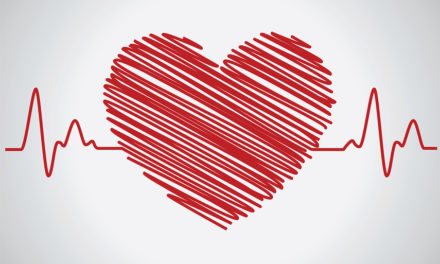Autism is on the rise, an article appearing in the Journal of Environmental Medicine (2000;10:261-266) reports. Researchers from the Centers for Disease Control reported 40 cases per 10,000 in Brick Township, New Jersey and 67 cases of autism spectrum disorder in the year 2000. In Cambridgeshire, in the UK, there were 57 cases per 10,000. Similarly, in London there were 58 cases per 10,000. Between 1987 and 1998 there was an increase in autism between 273% and 346%, depending on the definition of autism used. When reviewing studies published between 1966 and 1988, there was an average prevalence rate of 4.3 per 10,000. When looking at studies published between 1989 and 1998 there is a prevalence rate of 7.2 per 10,000.
It has been postulated that the increase in cases is due to a change of the diagnostic criteria, but others are concerned that the cause may be mercury. The symptoms of autism mimic those of mercury poisoning. The increase in autism also parallels the increase in the number of immunizations. That added to the fact that autism pretty much didn’t exist until the 1940s, after the advent of immunization, makes many suspect immunizations as a possible cause of autism.
The article goes on to discuss testimony before the US House of Representatives given by parents in 2000. A six-month old child receiving the full course of vaccinations gets a dose of mercury that exceeds the acceptable dose permitted by the EPA. In other hearing, Congressman Dan Burton said that his grandson became autistic after a course of immunizations that exposed the child to 41 times the level of mercury considered safe for adults.
The medical community has conducted some studies that deny the possibility that vaccinations are responsible for autism. The studies that appear in medical journals have tested things like the amount of mercury in the hair of autistic children compared to healthy normals; essentially there was no difference in the hair levels. There have also been studies that involved testing for mercury before and after inoculation; researchers found no difference. There has been research comparing societies that use less mercury in vaccines—finding that they have the same autism rate. What has not been done is a comparison between a population that does not vaccinate and one that does. A study like that would probably solve a lot of the controversy.





